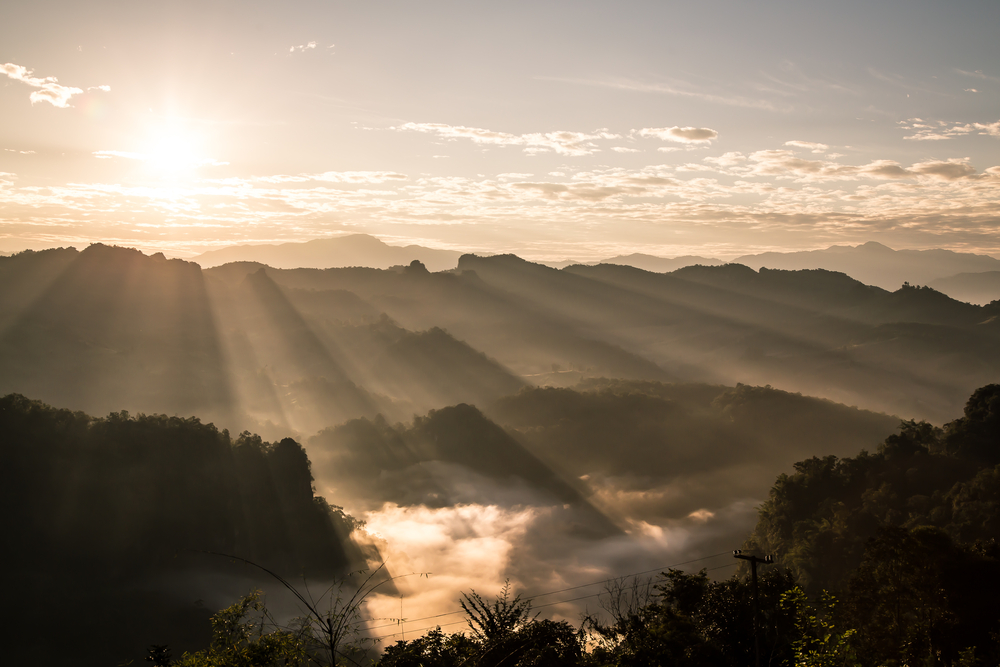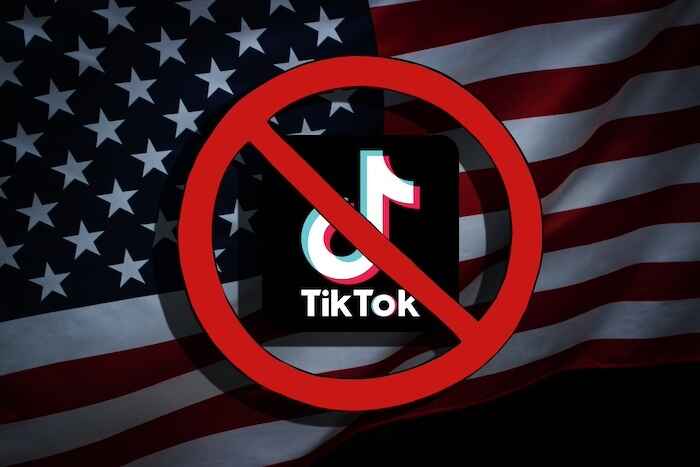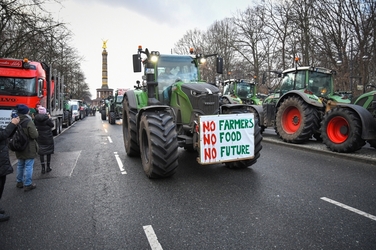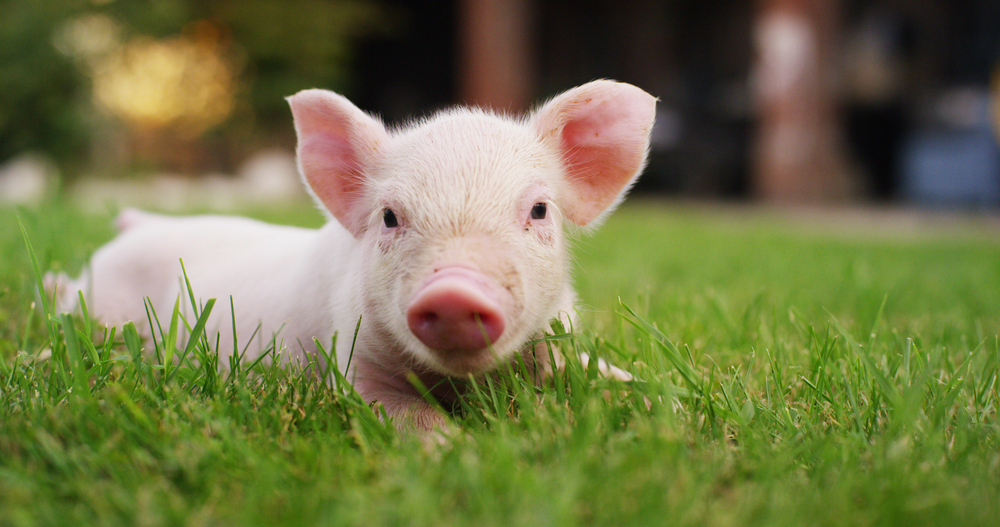Three Powerful Trends of a New America
Joel Salatin|April 6, 2021

Many forecasters are looking into their crystal balls these days. They’re trying to predict where we’re headed.
In a culture with draconian lockdowns, baseless money, contactless retail and political polarization, among other disruptions, predictions flow freely.
All of this upheaval has led to renewed interest in the Weimar Republic, the rise of Hitler, the fall of the Roman Empire… any civilization endgame that has similarities to what we’re seeing in our culture today.
I never predict the future because prophecies are usually wrong. But I do see clear trend lines, and they show where things are headed – at least in the short term.
In true Hegelian fashion, I present these three trends as contradictions.
Access vs. Censorship
The ideas marketplace – think social media channels – has abruptly moved from free access to censorship.
Removing whole YouTube channels and Twitter accounts over alleged misinformation and unorthodox views would have been unthinkable only a couple of years ago.
While many of us celebrated access to diversified and minority opinions… the utilities that owned the platforms plotted revenge.
I call them utilities because that was their Faustian bargain with Congress. These platforms traded being open forums for having freedom from libel.
In that bargain, they essentially became public utilities similar to electric companies and phone companies.
Can you imagine your power being cut off because you believe “unacceptable” things? Can you imagine UPS refusing to deliver a package to your door because you espoused an unpopular view?
While we have fairly unlimited access to services, we’re seeing less access to speech. This may create a revival of the printed magazine, which comes in the mail rather than through the internet on platforms of censorship.
It will undoubtedly encourage direct email exchanges and online subscription services rather than broader public platforms.
Atomization vs. Networking
In his iconic New Rules for the New Economy, Wired magazine editor Kevin Kelly lauded networking as perhaps the foundation of everything digital.
He viewed each of us as nodes on an intricate web. His analysis a decade ago certainly seemed prescient.
Cancel culture stormed onto the scene, however, and broke up many of these alliances. Rather than using the Ronald Reagan idea that 80% agreement is enough to work together, we’re being encouraged to find 5% disagreement and then break fellowship.
New trade groups and non-governmental organizations (NGOs) are popping up by the hundreds, offering narrower mission statements.
The large internet companies are scrambling to meet new expectations about gathering and sharing information. Indeed, individuality meets the community. That’s not always a pretty interface.
As the boxing ring seems bigger, we see more folks entering the fray and choosing corners.
The conference of 2019 attended by thousands is fast being replaced by mini-gatherings in multiple locations often in more remote settings.
Our own farm will host seven such gatherings this summer.
The fellowship desire exists, but not where it used to. Folks want to – and will – get together… just not at conference centers.
Localization vs. Globalization
This is perhaps the most obvious and interesting trend to me.
I’ve forever been a staunch advocate of localized food systems, energy and economies. I’ve preached food security through bioregional production diversity for decades. It’s quite exciting to see a tsunami of interest in this today.
Empty store shelves last spring fueled desperation to secure dependable and authentic food sources. Not to mention the recent Suez Canal blockage brought additional awareness of global fragility.
It’s no coincidence urbanites are fleeing concrete and high-rises and moving into rural homesteads. A universal intuition seems to be that in times of disruption, rural areas fare better than urban ones.
Certainly, history bears that out.
Most techno-geeks say that the last year has pushed the work-at-home option forward by five years. This reduces urban congestion, changes transportation projects, collapses urban economies and inverts the decades-long rural drain.
Just a couple of years ago, experts predicted accelerated rural-to-urban migrations. But suddenly, India’s transportation system can’t haul people back to the country fast enough.
It’s the same in other parts of the world, including the U.S. New York City is imploding while Florida explodes.
Neighborhood artisanship and manufacturing now dominate business trends. “Know Your Farmer, Know Your Food” is not just a bumper sticker anymore. It’s a phrase of survival.
As global trust breaks down, people retreat to their communities.
In our own agricultural community, we see more interest in small farms and rural skills. Anyone offering education in do-it-yourself living, building, repairing and food production is riding a wave of interest.
Rather than depending on someone on the other side of the world to provide services and supplies, more folks are using local resources. We could call it hunkering down, building bunkers in and around our homes. We’re enamored of smallness instead of bigness.
Meanwhile, the global juggernaut moves on, from the World Economic Forum’s “Great Reset” to insidious health passports in order to travel.
Many of us wonder how confining the new rules will be.
It’s ominous out there, which makes us turn inward to our families, our homes, and our communities for solace and security.

Joel Salatin
Joel Salatin calls himself a Christian libertarian environmentalist capitalist lunatic farmer. Others who like him call him the most famous farmer in the world, the high priest of the pasture, and the most eclectic thinker from Virginia since Thomas Jefferson. Those who don’t like him call him a bioterrorist, Typhoid Mary, a charlatan, and a starvation advocate. With a room full of debate trophies from high school and college days, 12 published books, and a thriving multigenerational family farm, he draws on a lifetime of food, farming and fantasy to entertain and inspire audiences around the world.





